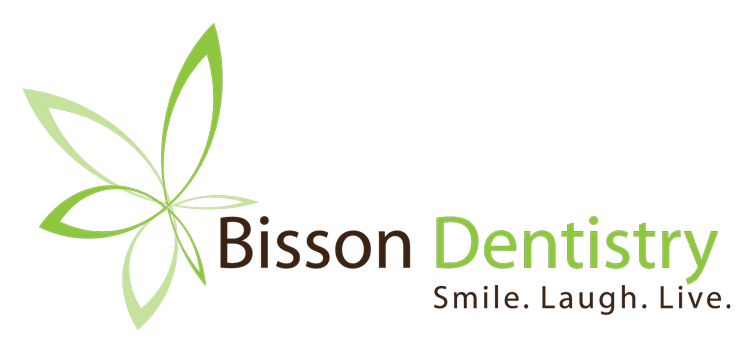Braces are a durable, versatile option for orthodontic patients of all ages. They can efficiently correct both minor alignment problems and severe malocclusions.
This blog will explain both types of braces and share their pros and cons. It will also offer patients tips for success and answer commonly asked questions.
Two Types of Braces
Clear brackets improve the aesthetic qualities of traditional braces. They are much less visible when patients smile, making them a premier choice for older teens and adults who prefer less obvious treatment.
Metal braces may be more apparent when patients smile, but they provide the most precise results. Since the brackets and wires have maximum strength and durability, they can handle complex situations like impacted canines and jaw malformation.
How Braces Work
Braces generally consist of four parts: molar bands, brackets, archwires, and elastic bands. Molar bands go around the back teeth to hold the wires. Elastic bands hold the archwires on the brackets, enabling the teeth to move. Clear braces have self-ligating brackets and do not need elastics.
Your orthodontist gradually tightens the archwire to produce tooth movement. You will receive an adjustment approximately every four to six weeks. Your gums and teeth may feel tender in the first few days after an adjustment.
Braces typically take 18 months and three years, though some patients may experience shorter treatment times.
Benefits of Braces
Improve Oral Health
If a patient has crooked teeth, they will have more difficulty keeping them clean. Plaque and food accumulation lead to higher rates of gum disease and tooth decay.
Adaptable
Braces can treat most, if not all, orthodontic problems. Clear aligners are somewhat limited in their treatment options. For example, they cannot treat severe overbite, underbite, crossbite, or open bite.
Affordable
Metal braces are the most economical type of orthodontic correction, with clear braces close behind.
Pros and Cons of Clear and Metal Braces
Clear Bracket Braces
Pros:
- Less apparent when patients smile
- Tieless brackets that require no elastics, moving teeth faster and more comfortably than metal braces
- Able to handle complex orthodontic cases
- Not removable, leading to better treatment compliance for younger patients
Cons:
- Not quite as strong as metal brackets, meaning that they are less appropriate for children and athletes
- More prone to stains than metal brackets, requiring some caution with food and beverage choices
Metal Braces
Pros:
- More durable than clear brackets
- Able to handle any orthodontic correction, including the most complex cases, due to their strength and adaptability
Cons:
- Easily visible when patients smile
- Brackets and wires can irritate tender oral tissues more than the transparent variety
- Elastic bands can be a hassle to remove and replace as they wear out
Tips for Success With Braces
Whether you have clear or metal braces, use these tips from our orthodontists to enhance your treatment:
- Brush well multiple times each day and floss at least once daily, paying particular attention to the area where the teeth and gums meet
- If you cannot brush after a meal, rinse your mouth with water
- Use interdental brushes and floss threaders to remove debris caught behind wires and around brackets
- Eliminate hard, chewy, crunchy, and sticky foods from your diet, like whole apples, popcorn, corn on the cob, and steak
- Avoid staining foods and beverages if you are wearing clear brackets or brush soon after consuming them
- Keep all scheduled orthodontic appointments
- See your family dentist for cleanings twice annually
- If you have a broken, lost, or detached wire or bracket, call your orthodontist immediately
Frequently Asked Questions About Braces
What should I do if I break a braces wire?
If you break a wire, use orthodontic wax, available at any pharmacy, to cover the sharp edges. Call us immediately for emergency braces repair.
Why can't I eat crunchy foods with braces?
Crunchy foods may break your brackets and wires, especially if you have clear brackets, which are not quite as robust as metal. They can also become caught under your wires, leading to gum irritation and discomfort. When your braces come off, you will have a beautiful smile and can eat anything.
Call Bisson Dentistry
Both clear and metal braces can be valuable tools in improving oral health and aligning your smile. If you need help deciding which braces are best, please call Bisson Dentistry's Guelph, ON, office at 519-821-3561 for a consultation.

